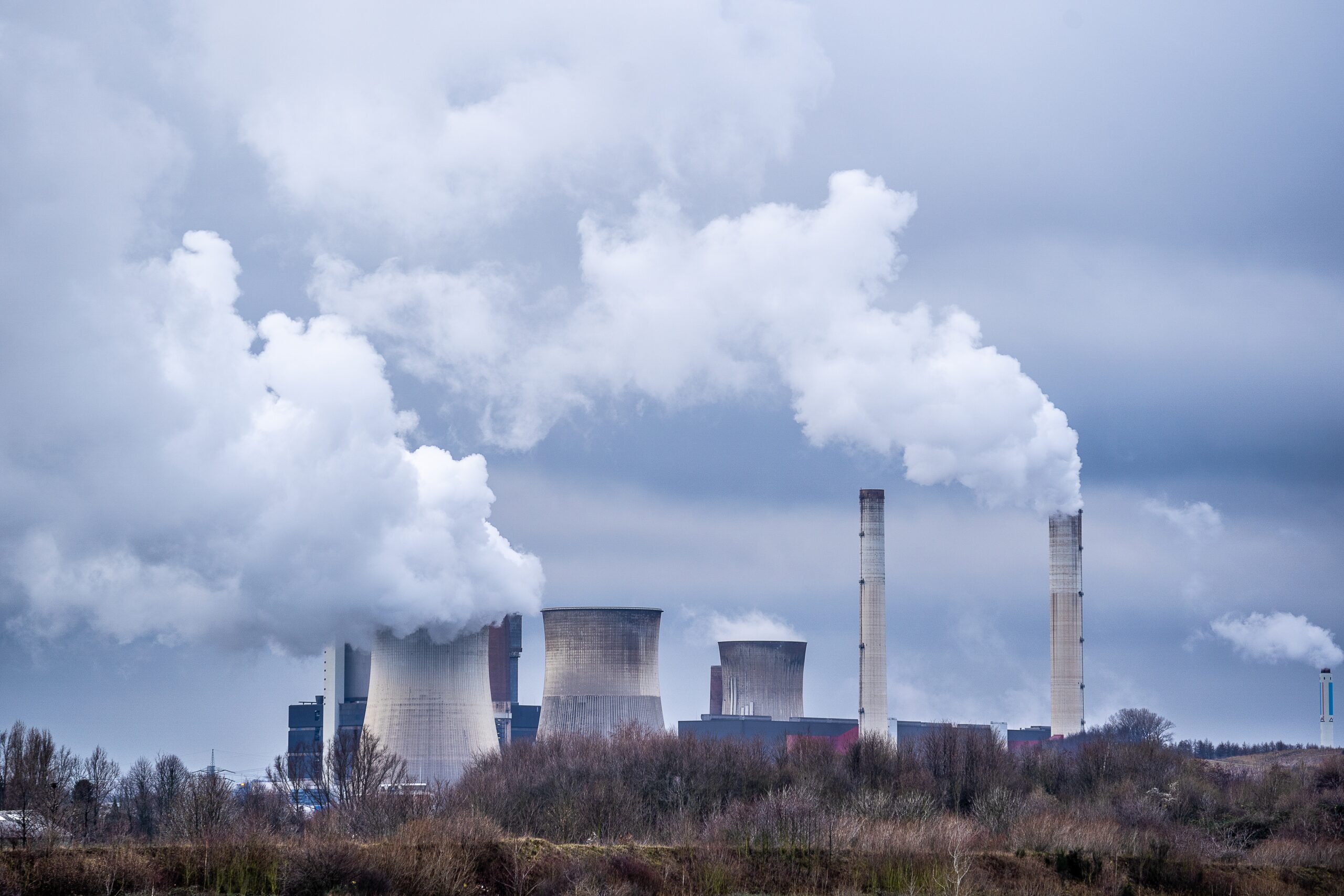Kazakhstan is gearing up for a significant environmental transformation, with a national goal to reduce harmful air emissions by over 300,000 tons by 2035. The announcement was made during a high-level meeting of the Council for the Transition to a Green Economy, chaired by Prime Minister Olzhas Bektenov.
The council, which brings together government officials, industry leaders, NGOs, and academics, focused on accelerating the country’s shift to cleaner industrial practices and strengthening environmental accountability across key sectors.
“In line with President Tokayev’s ‘Taza Kazakhstan’ initiative, we are launching major efforts to reduce industrial pollution. To achieve carbon neutrality, we must fast-track the modernization of our industrial base and adopt the best available technologies to reduce emissions and improve energy efficiency” ,” said Prime Minister Bektenov.
Kazakhstan’s Ministry of Ecology reported that regulatory changes and tech upgrades in industry are expected to deliver a reduction of more than 300,000 tons of harmful air pollutants by 2035.
Major Industry Players Taking Action
Three of Kazakhstan’s largest industrial companies outlined their progress and future plans at the meeting:
-
Kazakhmys has installed high-efficiency dust collection systems at its processing plants, achieving a 99.9% capture rate. At its smelting facility in Zhezkazgan, switching to gas has already cut emissions by 16%. In addition, the company now recycles 100% of its slag to recover copper, lead, and other materials.
-
Kazzinc has slashed its emissions more than fourfold — from 69,000 tons in 2001 to roughly 15,000 tons today — following upgrades at its Ust-Kamenogorsk site. The company plans to invest over 108 billion tenge in further improvements, including sulfur dioxide recovery systems and upgraded particulate filters.
-
Qarmet (formerly ArcelorMittal Temirtau) has reduced its air emissions by 10.3% and industrial waste by 19.8% over the past two years. Under its 2024-2030 roadmap, the company plans to build new coke oven batteries with advanced gas treatment, modernize boiler equipment, and shift several furnaces to natural gas.
Public Engagement and Government Oversight
Environmental advocates used the forum to call for increased transparency, digitization of emissions data, and greater public access to environmental reports. In response, Prime Minister Bektenov directed industrial companies to publish detailed environmental impact information on their websites and tasked ministries with revising energy efficiency benchmarks based on recent audits.
The Prime Minister also stressed the importance of a collaborative approach, calling on NGOs, academia, and international partners to work closely with the government in advancing sustainability and protecting public health.
Government ministries have been assigned a range of follow-up actions — from hosting sustainability reporting workshops to supporting scientific studies on the health impacts of industrial pollution.
Kazakhstan’s commitment signals a clear shift toward greener development, with coordinated efforts to ensure its industrial sector plays a leading role in building a low-emission, environmentally responsible economy over the next decade.

